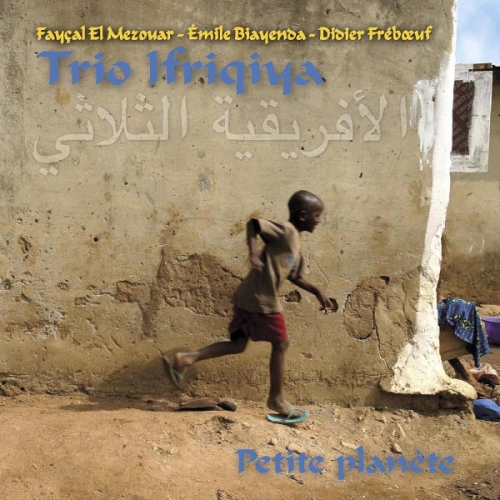Ethan Philion - Gnosis (2023) [Hi-Res]
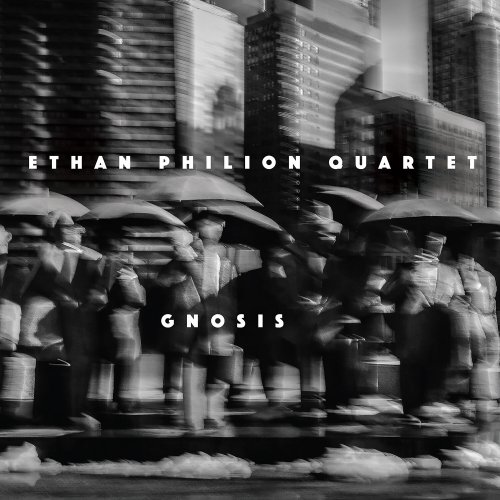
Artist: Ethan Philion
Title: Gnosis
Year Of Release: 2023
Label: Sunnyside
Genre: Jazz
Quality: FLAC (tracks) / 24bit-96kHz FLAC (tracks)
Total Time: 53:18
Total Size: 328 MB / 1.09 GB
WebSite: Album Preview
Tracklist:Title: Gnosis
Year Of Release: 2023
Label: Sunnyside
Genre: Jazz
Quality: FLAC (tracks) / 24bit-96kHz FLAC (tracks)
Total Time: 53:18
Total Size: 328 MB / 1.09 GB
WebSite: Album Preview
1. The Boot (8:39)
2. What Love (11:02)
3. Sheep Shank (10:16)
4. Nostalgia (8:52)
5. Comment Section (5:30)
6. Gnosis (9:02)
Following up his debut album Meditations on Mingus (“Ingenious wrinkles along with dazzling and deeply realized performances from all” — Neil Tesser, Jazziz), bassist Ethan Philion pivots from a larger 10-piece unit to a spry, economical quartet on his brilliant sophomore release Gnosis. The spirit of Charles Mingus is present, most clearly in the quartet’s treatment of “What Love” (Mingus’ epic deconstruction of the Cole Porter standard “What Is This Thing Called Love”). But the focus on this new outing is original music, played with drive and ceaseless invention by alto saxophonist Greg Ward, trumpeter Russ Johnson and drummer Dana Hall joining the leader on bass.
“The title Gnosis refers to intangible knowledge, the things we learn from the qualities of an experience rather than explicit teaching,” explains Philion. “In religious settings the term often means a knowledge of a spiritual presence. For me, improvising with a group that is connected through deep listening and a shared mindset gives me the sense of touching something inQinite. Playing with Russ, Greg and Dana has given me a deeper knowledge of music, and of myself, in ways that transcend any speciQic guidance.”
Johnson and Hall were integral to the Meditations on Mingus ensemble. Ward, leader of the acclaimed Rogue Parade, had a major inQluence on Philion in his Qirst few years as a Chicagoan. “I studied with Dana while working toward my master’s from DePaul University,” the bassist recalls, “and I learned from Greg at his weekly jam session at the Hungry Brain and from performing with him.” The connection with Johnson is more recent but no less important: “Russ’s playing was already a source of inspiration by the time we started working together. I'm fortunate to work with him often in this group, in my Mingus project and in his quartet with Mark Feldman and Tim Daisy.”
When The Washington Post hails Philion for his “well-honed chops and astounding musicality,” one can point to the leader’s raw, virtuosic bass solos on “The Boot” and “Sheep Shank” as shining examples. “‘The Boot’ is named after a walking boot I had to wear for an ankle injury during the pandemic,” he says. “It highlights this group's unrelenting force and energized interaction. All the band members are amazing, virtuosic improvisers but also incredibly sensitive listeners, eager to offer each other space and room to express themselves. The tunes I wrote for them include both composed material and free improvisation, and everyone is so adept at making those seemingly disparate elements feel connected.”
“Nostalgia” ushers in a calmer mood as Philion deploys “pinch harmonics,” an extended technique codiQied by the late master Stefano Scodanibbio and others. “This allows me to play multiple harmonics in different areas of the Qingerboard at the same time by Qingering and plucking individual notes with the same hand. ‘Nostalgia’ was the Qirst piece I wrote where pinch harmonics transformed from a technique into actual music, and since then I’ve found numerous ways to incorporate it into my playing. Russ plays the melody freely in a way that captures the feeling of nostalgia I was thinking about. For me, nostalgia can be a warm feeling and a tortured longing, and I think Russ and Greg’s playing of the melody, and Greg’s building solo, captures those elements.”
“Comment Section” and “Gnosis” highlight Philion’s work with the bow in starkly different contexts. The Qirst is an unbridled improvisatory statement, cresting toward what Philion calls a “drunken quarter-note motif that ends the piece.” This, he adds, “represents the unending number of people sharing their bigotry and hatred in comment sections everywhere.” “Gnosis” opens in almost chorale- or hymn-like fashion, with bow and brushes, though it grows to a more agitated swing and a dual trumpet/sax solo, culminating in another of Philion’s robust unaccompanied turns.
There are two recordings of Charles Mingus’ deeply exploratory “What Love,” one in the studio (Charles Mingus Presents Charles Mingus on Candid) and the other live (Mingus at Antibes on Atlantic). Having tackled Mingus masterworks in a larger ensemble setting, Philion Qinds the quartet just as potent a vehicle for a piece originally performed by Eric Dolphy (on bass clarinet), Ted Curson, Mingus and Dannie Richmond in 1960. Philion characterizes it as “a partially free and partially highly composed improvisational setting. During the shutdown I was obsessed with both of Mingus’ renditions and knew I wanted to play the piece with this quartet. It offers so many opportunities for us to move around in wide open spaces and morph repeatedly into different moods.”
Gnosis was made possible in part by a Special Events Grant from the Chicago Department of Cultural Affairs. It was recorded October 10th, 2021 by Anthony Gravino at Palisade Studios, Chicago, and mixed and mastered by Anthony Gravino as well.
Ethan Philion - bass
Greg Ward - alto saxophone
Russ Johnson - trumpet
Dana Hall - drums
“The title Gnosis refers to intangible knowledge, the things we learn from the qualities of an experience rather than explicit teaching,” explains Philion. “In religious settings the term often means a knowledge of a spiritual presence. For me, improvising with a group that is connected through deep listening and a shared mindset gives me the sense of touching something inQinite. Playing with Russ, Greg and Dana has given me a deeper knowledge of music, and of myself, in ways that transcend any speciQic guidance.”
Johnson and Hall were integral to the Meditations on Mingus ensemble. Ward, leader of the acclaimed Rogue Parade, had a major inQluence on Philion in his Qirst few years as a Chicagoan. “I studied with Dana while working toward my master’s from DePaul University,” the bassist recalls, “and I learned from Greg at his weekly jam session at the Hungry Brain and from performing with him.” The connection with Johnson is more recent but no less important: “Russ’s playing was already a source of inspiration by the time we started working together. I'm fortunate to work with him often in this group, in my Mingus project and in his quartet with Mark Feldman and Tim Daisy.”
When The Washington Post hails Philion for his “well-honed chops and astounding musicality,” one can point to the leader’s raw, virtuosic bass solos on “The Boot” and “Sheep Shank” as shining examples. “‘The Boot’ is named after a walking boot I had to wear for an ankle injury during the pandemic,” he says. “It highlights this group's unrelenting force and energized interaction. All the band members are amazing, virtuosic improvisers but also incredibly sensitive listeners, eager to offer each other space and room to express themselves. The tunes I wrote for them include both composed material and free improvisation, and everyone is so adept at making those seemingly disparate elements feel connected.”
“Nostalgia” ushers in a calmer mood as Philion deploys “pinch harmonics,” an extended technique codiQied by the late master Stefano Scodanibbio and others. “This allows me to play multiple harmonics in different areas of the Qingerboard at the same time by Qingering and plucking individual notes with the same hand. ‘Nostalgia’ was the Qirst piece I wrote where pinch harmonics transformed from a technique into actual music, and since then I’ve found numerous ways to incorporate it into my playing. Russ plays the melody freely in a way that captures the feeling of nostalgia I was thinking about. For me, nostalgia can be a warm feeling and a tortured longing, and I think Russ and Greg’s playing of the melody, and Greg’s building solo, captures those elements.”
“Comment Section” and “Gnosis” highlight Philion’s work with the bow in starkly different contexts. The Qirst is an unbridled improvisatory statement, cresting toward what Philion calls a “drunken quarter-note motif that ends the piece.” This, he adds, “represents the unending number of people sharing their bigotry and hatred in comment sections everywhere.” “Gnosis” opens in almost chorale- or hymn-like fashion, with bow and brushes, though it grows to a more agitated swing and a dual trumpet/sax solo, culminating in another of Philion’s robust unaccompanied turns.
There are two recordings of Charles Mingus’ deeply exploratory “What Love,” one in the studio (Charles Mingus Presents Charles Mingus on Candid) and the other live (Mingus at Antibes on Atlantic). Having tackled Mingus masterworks in a larger ensemble setting, Philion Qinds the quartet just as potent a vehicle for a piece originally performed by Eric Dolphy (on bass clarinet), Ted Curson, Mingus and Dannie Richmond in 1960. Philion characterizes it as “a partially free and partially highly composed improvisational setting. During the shutdown I was obsessed with both of Mingus’ renditions and knew I wanted to play the piece with this quartet. It offers so many opportunities for us to move around in wide open spaces and morph repeatedly into different moods.”
Gnosis was made possible in part by a Special Events Grant from the Chicago Department of Cultural Affairs. It was recorded October 10th, 2021 by Anthony Gravino at Palisade Studios, Chicago, and mixed and mastered by Anthony Gravino as well.
Ethan Philion - bass
Greg Ward - alto saxophone
Russ Johnson - trumpet
Dana Hall - drums
Download Link Isra.Cloud
Ethan Philion - Gnosis FLAC.rar - 328.1 MB
Ethan Philion - Gnosis Hi-Res.rar - 1.1 GB
Ethan Philion - Gnosis FLAC.rar - 328.1 MB
Ethan Philion - Gnosis Hi-Res.rar - 1.1 GB
![Mammal Hands - Circadia (2026) [Hi-Res] Mammal Hands - Circadia (2026) [Hi-Res]](https://www.dibpic.com/uploads/posts/2026-02/1771945393_folder.jpg)
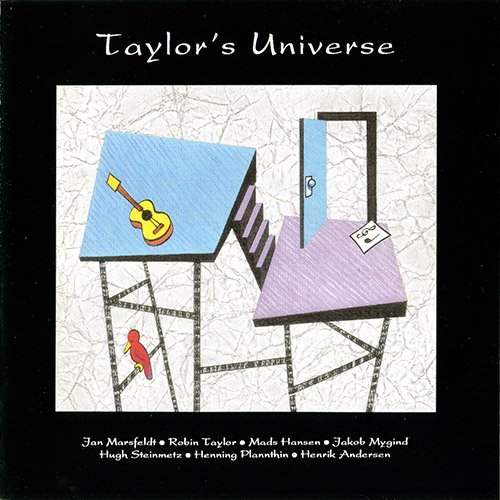
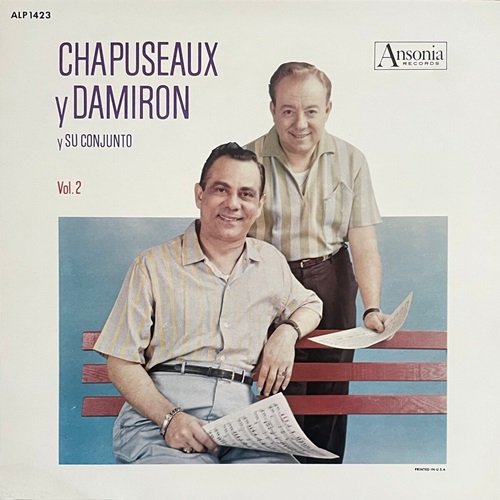
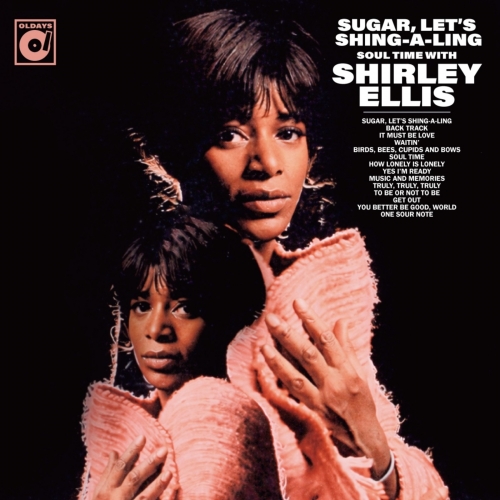
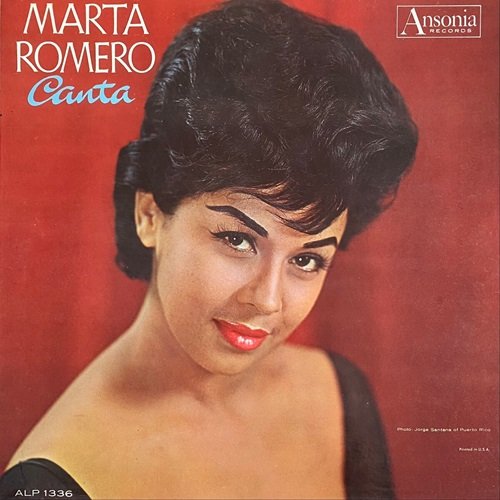
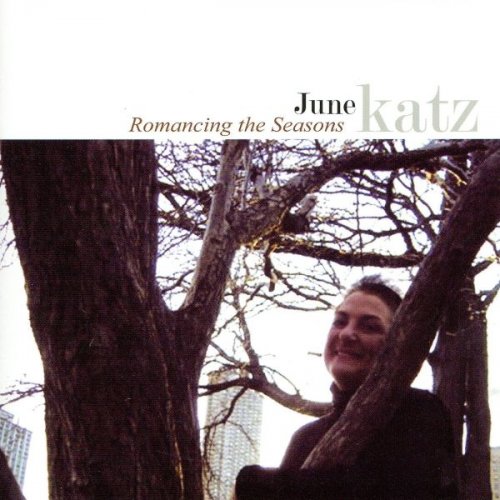
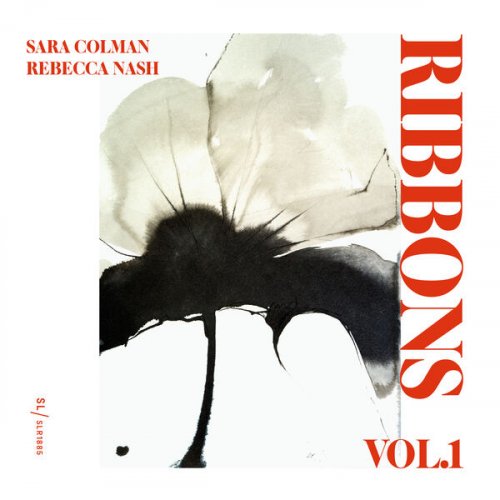
![El Calefón - Salir Del Agujero (2026) [Hi-Res] El Calefón - Salir Del Agujero (2026) [Hi-Res]](https://img.israbox.com/img/2026-02/26/sm3fq4x280rjvn4eh85ksne6j.jpg)
